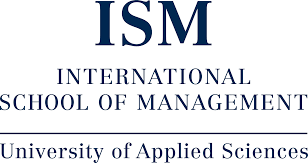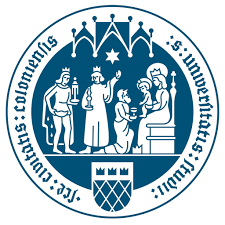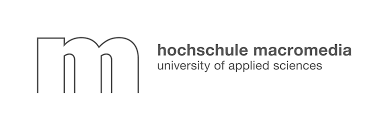You’re using the old Program Database. The new StudyBuddy Database is live with updated courses and a wishlist to save your programs.
Step 1 - Find your Study Program
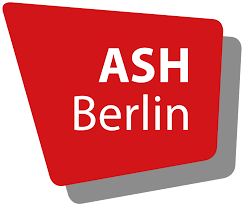
Alice Salomon University Berlin
Berlin
Intercultural Conflict Management
Subjects: Conflict Management
M.A. | Master of Arts
Course description
The Intercultural Conflict Management master programme is built on the idea that social conflicts arise within a web of interconnected social worlds. These conflicts don't belong to just one social world; they span across multiple, intertwined social realms. To address this complexity, the programme is divided into four interconnected Areas of Study, each offering a unique but related perspective on social conflicts. This structure aims to foster social actions that lead to participatory conflict resolution. The first area, "Social World and Power Relations," delves into the dynamics of power within various social contexts. The second, "Research, Action, and Networking," focuses on practical approaches to conflict resolution through research and collaborative efforts. The third area, "Specialization Seminars and Workshops," provides in-depth knowledge and hands-on experience in specific conflict-related topics. Finally, the "Thesis and Colloquia" area allows students to synthesize their learning and contribute original research to the field. These Areas of Study are not isolated segments but are inherently connected, running concurrently from the start to the end of the programme. This integrated approach ensures that students gain a comprehensive understanding of social conflicts and are well-equipped to engage in effective conflict resolution.
Program Information
| Study Location | Berlin |
| Start Semester | Winter |
| Study Form | Full-time |
| Study Type | Postgraduate |
| Teaching Language | English |
| Dual | No |
| Remote | No |
| Application Fee non-EU | 300 EUR |
| Study Length | 4 Semesters |
| Tuition Fees per Semester | 2,640 EUR |
| Cost per Semester | 300 EUR |
Step 2 - Check Application Requirements
Application Requirements
Language Requirements
| CEFR | No information |
| IELTS | No information |
| Cambridge (CAE) | No information |
| TOEFL IBT | No information |
The English language certificates should not be older than two years and shall indicate a high score. The following official language certificates are being accepted (TOEFL =>90, IELTS Academic=>6.5, CAE=> Grade B or duolingo English test =>112). Attestation of language of conduct in English in your undergraduate degree can also be valid for the language certificate.
Qualification Requirements
UNDERGRADUATE DEGREE As an applicant for the program you have to hold an undergraduate degree in a relevant field (e.g. Social Sciences, Humanities, Cultural Sciences, Law etc.). Your undergraduate degree has to be equal to a Bachelor's degree with at least 180 ECTS (European Credit Transfer System) points. WORK EXPERIENCE All applicants must prove at least one year of full-time professional work experience after their first degree in a field relevant to social work and human rights. The type, scope, length, differentiation, and relevance of the work experience are included in the evaluation. Relevant work experience is defined as qualified work experience with non-governmental and governmental organizations as well as private institutions are recognized, as long as they are related to one of the fields of social work as a human rights profession. Additionally, a written reflection on relevant professional practice experience has to be submitted. FURTHER All applicants must present a motivation letter stating reasons about the motivation to study, the expectations, professional and/or academic visions for the future by the applicant; a curriculum vitae (CV) in English; two recommendation letters from past/current employers and/or academic references and show English language competency. Additionally, students should submit a proof of financial ability.
Document Requirements
1) Letter of Motivation English, two pages, 12 pt font size, 1.5 line spacing, stating reasons about the motivation to study, the expectations, professional and/or academic visions for the future by the applicant. The letter seeks to explore the various life experiences that have shaped your journey and how these experiences have influenced your decision to pursue this specific master's program. It's an opportunity to connect the dots between your personal history and your aspirations in a way that demonstrates your unique fit for the program. 2) Curriculum Vitae Please state your experience in a month/year-format in your CV and the amount of hours per week worked (or in case of trainings the exact timeframe, e.g. if it was a two-day course or a whole month full-time) in English. 3) Certificates and Academic Records Undergraduate degree and transcript of academic records (to be validated upon arrival! Do NOT include high school or secondary school certificates.) In case of multiple university degrees, please submit all your transcripts and certificates. 4) Two Letters of Evaluation Recommendations from past or current employers and/or academic references (not older than one year at day of application), signed and stamped. 5) Work Certificates Attestation of at least 12 months of qualified work experience in a relevant field relevant of Intercultural Conflict Management after your first degree (One year of atleast 20 hours or more work experience is the minimum requirement, but only the attested experience can count for the overall ranking.) The type, scope, length, differentiation, and relevance of the work experience are included in the evaluation; either in English or German translation. Please submit a proof for all your work experience/volunteering experience, training courses, etc. stated in the CV. 6) Reflection Paper of Work Experience Additionally, a written reflection (1-2 pages) on relevant professional practice experience has to be submitted. Please note that this is different from the Letter of Motivation. You should focus on providing insights into the experiences you've gained from your work and articulate why these experiences are relevant to the master's program. 7) English Language Proficiency The English language certificates should not be older than two years and shall indicate a high score. The following official language certificates are being accepted (TOEFL =>90, IELTS Academic=>6.5, CAE=> Grade B or duolingo English test =>112). Attestation of language of conduct in English in your undergraduate degree can also be valid for the language certificate. 8) Proof of financial ability Statement of financial support, scholarship letter, or bank statements that prove liquidity.
Application Process
| Acceptance Interview | No |
| Acceptance local admission restrictions | Not restricted |
| Application | directly at the University |
Step 3 - Get studying insights
Your Free StudyBuddy Checklist
Making your move to Germany easy
-
Simplified step-by-step Checklist
-
Track progress and complete tasks on the go
-
Direct access to webinars and resources
-1.png?width=1179&height=1764&name=image%20(6)-1.png)

Free Live Webinar
How to Study in Germany for Free
Get ready to study in Germany!
January 22nd, 2026
-
Learn how to find your ideal program
-
Step-by-step application guide
-
Tips and tricks to get admission
Step 4 – Apply for a Visa
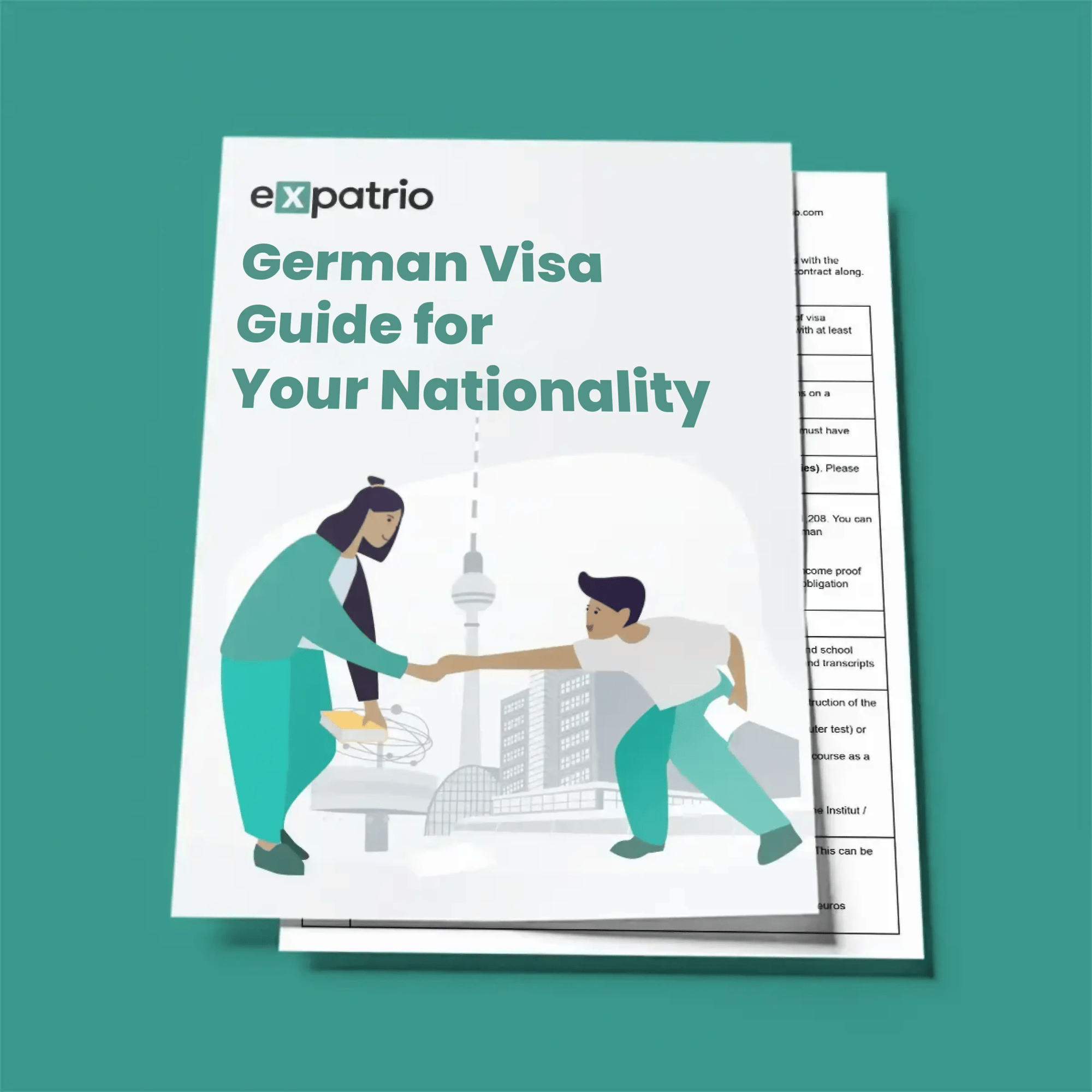
German Visa Guide
Your tailored German visa application guide
Be Prepared for Your Visa Appointment
Value Package
-
GERMAN BLOCKED ACCOUNT
-
Accepted by all German authorities
-
Instant blocked amount confirmation once funds are received
-
TRAVEL HEALTH INSURANCE / INCOMING INSURANCE
-
Free coverage worth up to €953. Mandatory for your visa
-
GERMAN HEALTH INSURANCE
-
Award-winning, affordable cover for visa, university, and life in Germany4
-
Up to €90 cashback with your personalized insurance2
-
FREE GERMAN BANK ACCOUNT
-
Instant access to monthly payouts + automatically connected to your Blocked Account
-
Free digital bank card ready to use worldwide. Apple + Google Pay.
-
ADDITIONAL FREE BENEFITS
-
Free International Student ID Card (digital) with thousands of discounts1
-
In-app accommodation access
-
COST BREAKDOWN
-
Monthly fee: Only €5
-
Blocked Account set-up fee: €89






